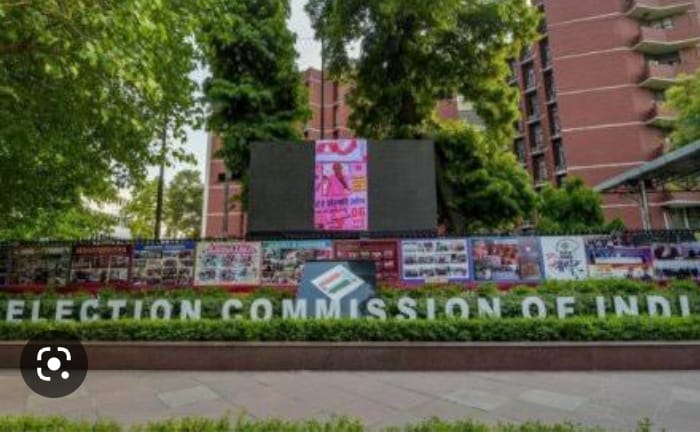Election commission members will no longer be appointed by the government. The decision given by the Supreme Court has been heard that henceforth a new law has been implemented for the appointment of the Election Commissioner.
There was no decision for the election commission for 40 years. There was only 1 member body in the election commission. Later, 2 members were added to it who were appointed to help the election commission. The Supreme Court has given a decision only for the appointment of these three people.
A high power committee consisting of the prime minister, leader of opposition in Lok Sabha and the chief justice of India must pick the chief election commissioner (CEC) and election commissioner’s (ECS), opposition leader (Ranjan Chaudhary) of opine Lok Sabha.

The constitution does not lay down a specific legislative process for the appointment of the CEC and ECS. The president makes the appointment on the advice of the union council of ministers headed by the prime minister.
What was the need for the Supreme Court to make this rule?
In 2015 public interest litigation PIL was filed by Anoop Baranwal challenging the constitutional validity of the practice of the center appointing members of the practice of center appointing members of the election commission.
In October 2018 a two judge bench of the sc referred the case to a larger bench since it would require a close examination of articles 324 of the constitution, of the chief election commissioner.
Last year In September, a five judge constitution bench headed by justice Km Joseph began hearing the case and almost a month later the verdict was reserved.
The bench also comprised justice A jay Rastogi aniruddha Bose, hrishikesh Roy and ct ravikumar.
What was challenged
In article 324(2) written the election commission shall consist of the chief election commissioner and such members of other election commissioners. subject to the provisions of any law made in that behalf by parliament, be made by the present.
The crux of the challenge is that since there is no law made by parliament on this issue. The court must step in to fill the constitutional vacuum.
That is why it was decided by the Supreme Court that prime minister, leader of the opposition is available, the leader of the largest opposition party in the lok sabha in the terms of numerical strength and the chief justice of India the verdict states.
The Supreme Court also said that if the parliament makes a law, the law will end.
This judgment also leads to the large question of separation of powers and if the judiciary is overstepping its role in filling this gap in the law.



